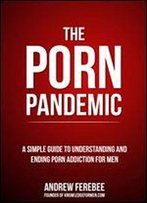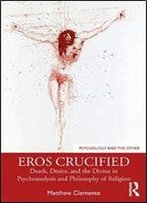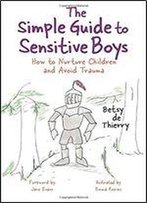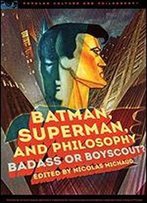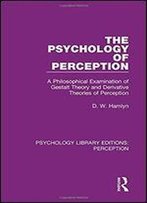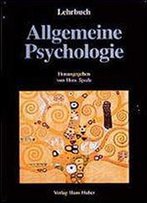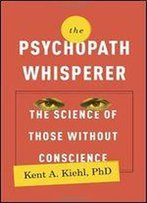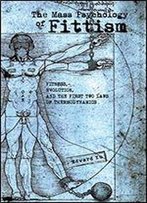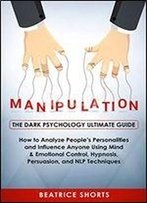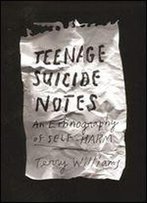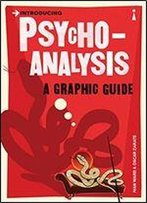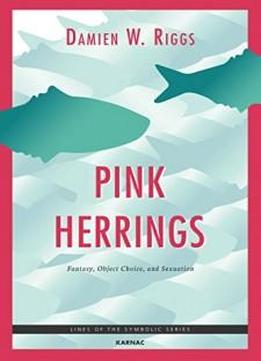
Pink Herrings: Fantasy, Object Choice, And Sexuation (lines Of The Symbolic Series)
by Damien W. Riggs /
2015 / English / PDF
451.6 KB Download
The question of the relationship between homosexuality,
transsexuality, and psychoanalysis has long plagued the field.
Answers to this question have typically taken the form of either
pathologizing or affirmative accounts of homosexuality and
transsexuality, with both accounts recouping the work of Freud to
warrant their position.
The question of the relationship between homosexuality,
transsexuality, and psychoanalysis has long plagued the field.
Answers to this question have typically taken the form of either
pathologizing or affirmative accounts of homosexuality and
transsexuality, with both accounts recouping the work of Freud to
warrant their position.Pink Herrings
Pink Herrings seeks to move the field beyond these two
accounts by taking as its organizing principle the claim that the
unconscious is not organized in relationship to a pre-given sexual
orientation or gender identity. Rather, through a Lacanian account
of sexuation, the book argues that the question of object choice is
fundamentally a question of fantasy, and that what requires our
attention are the fantasies, as much as structures, that shape the
unconscious. To demonstrate this claim the book engages in a
re-reading of six of Freud’s case studies, focusing first on
instances of what are termed "pink herrings" – moments where Freud
misread a particular fantasy as indicative of homosexuality or
transsexuality. The book then examines cases where Freud failed to
attend to the homoerotic fantasies of his patients, and in so doing
misread their object choices. In undertaking these new readings,
seeks to move the field beyond these two
accounts by taking as its organizing principle the claim that the
unconscious is not organized in relationship to a pre-given sexual
orientation or gender identity. Rather, through a Lacanian account
of sexuation, the book argues that the question of object choice is
fundamentally a question of fantasy, and that what requires our
attention are the fantasies, as much as structures, that shape the
unconscious. To demonstrate this claim the book engages in a
re-reading of six of Freud’s case studies, focusing first on
instances of what are termed "pink herrings" – moments where Freud
misread a particular fantasy as indicative of homosexuality or
transsexuality. The book then examines cases where Freud failed to
attend to the homoerotic fantasies of his patients, and in so doing
misread their object choices. In undertaking these new readings,Pink Herrings
Pink Herrings signals the need to move beyond an account of
psychoanalysis that attempts to map contemporary identity
categories onto the unconscious, and instead to pay greater
attention to the role of fantasy and object choice in the sexuation
of all people.
signals the need to move beyond an account of
psychoanalysis that attempts to map contemporary identity
categories onto the unconscious, and instead to pay greater
attention to the role of fantasy and object choice in the sexuation
of all people.
